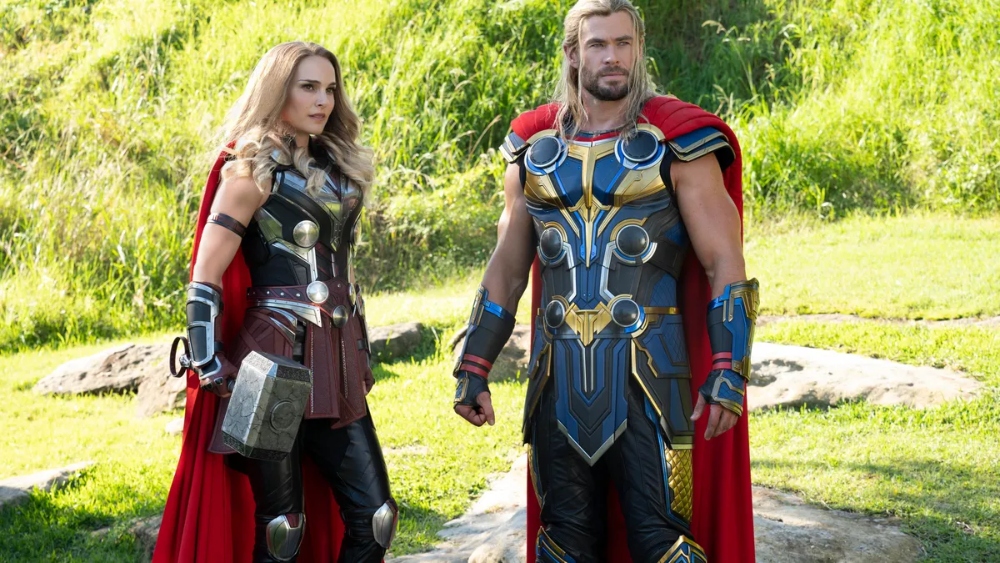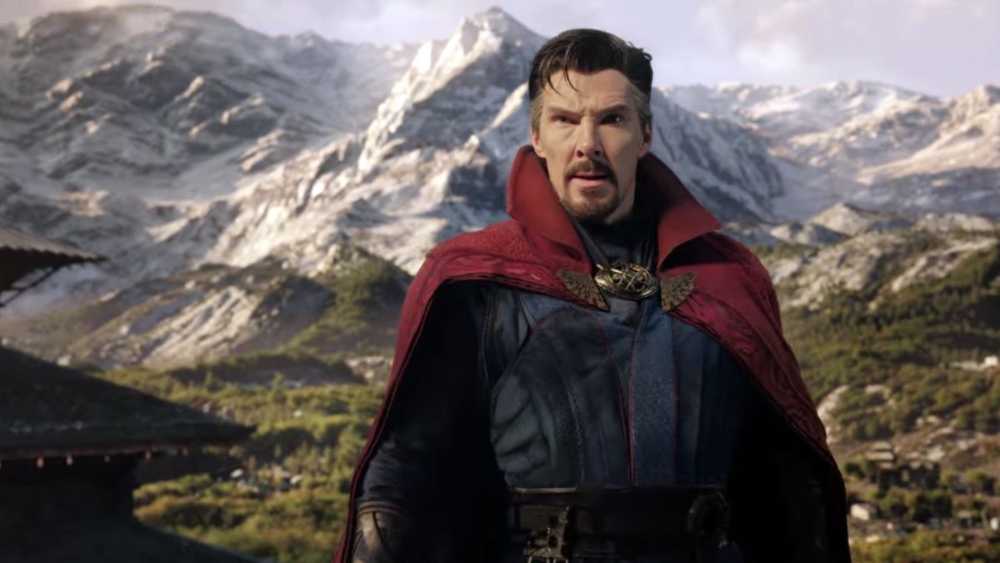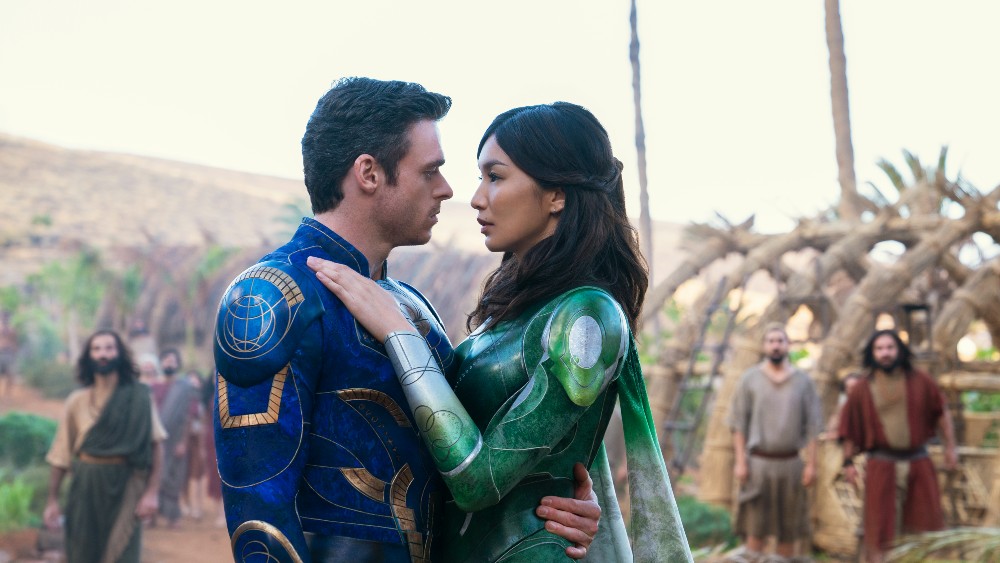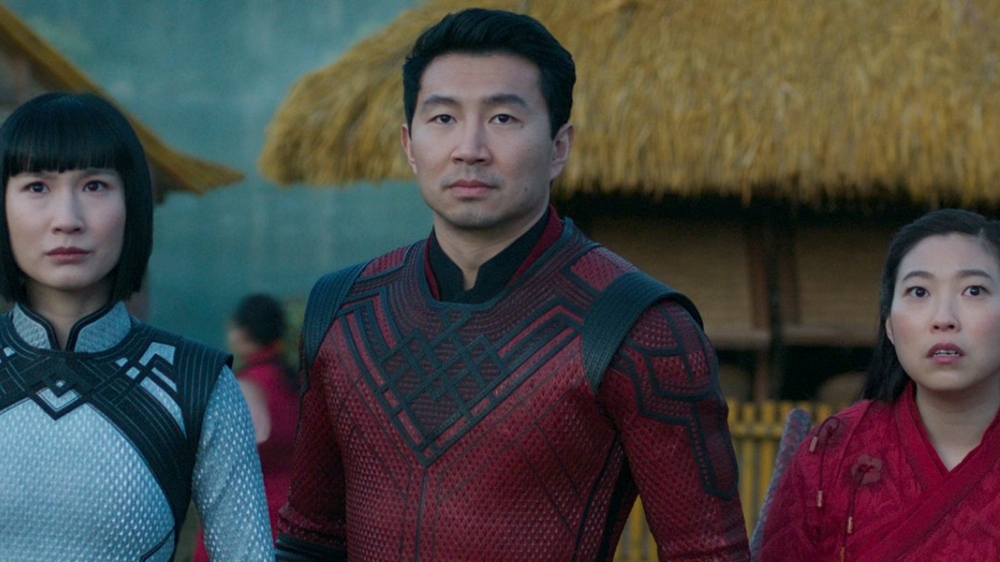
In my time here at Below the Line, I think I’ve established the respect and affection I have for the Marvel Cinematic Universe. I will repeat once more that the Infinity Saga is the single greatest storytelling achievement in cinematic history, and I don’t know what is second-best. 23 movies, totaling exactly 50 hours, with dozens of characters in varying storylines and arcs, all coming together in a brilliant climax that did justice to the story being told and gave closure to the characters who had earned it. I love those first 23 MCU movies, even the ones I don’t necessarily think are that great (looking at you, Thor: The Dark World).
In the three years since the premiere of Spider-Man: Far From Home, the epilogue that brought the whole Saga to a close two months after Avengers: Endgame answered most questions and gave us just about everything we had been promised, Marvel has released six movies on the big screen. While box office numbers continue to be generally acceptable — Doctor Strange in the Multiverse of Madness, for one, did quite well, taking in nearly $1 billion worldwide — the fact that Thor: Love and Thunder dropped nearly 68 percent from its first weekend to its second surely isn’t encouraging for its long-term box office prospects.
I saw the movie on Saturday, as traveling across the country with my wife kept me away from the theater opening weekend — possibly the first time I haven’t seen an MCU film within the first day or two of its release. I came away from the film feeling that something was awry, that perhaps the magic that Kevin Feige wielded over the 11-year run of the Infinity Saga had worn off a bit, and that some kind of sea change was needed.

For starters, while I rather enjoyed Thor: Ragnarok, Taika Waititi‘s second go-round with the God of Thunder felt like a mess, with a few entertaining moments spliced in amidst the colorful chaos. This, interestingly, is not the first time I’ve had such a reaction to a so-called Phase Four film, which is also cause for concern. Sure, Spider-Man: No Way Home was great and Shang-Chi was fun, but I was underwhelmed by both Black Widow and the Doctor Strange sequel, and I think we can all agree that the less said about Eternals, the better.
The unevenness of Marvel’s recent content is part of the issue, but I think it speaks to a larger problem that has beset the MCU and forced me to worry about its future. Throughout the first decade of Feige’s stewardship of the MCU, he took glee in declaring that none of the big picture stuff had been planned out and that it had just sort of come together naturally and organically. With each new success, more pieces to the puzzle fell into place, and the “endgame,” so to speak, broke box office records.
I think this is partially true, in that no one could have predicted the enormous success that came with each decision Feige and his team made, much less expected it, and so the notion of planning out the whole 23-film story ahead of time would have been the picture of hubris. That said, I also think that once The Avengers broke so many records in 2012, Feige knew what he had with the MCU, which gave him the confidence to make bigger moves and plot longer storylines. Feige may not have known who was going to tell which story or how they were going to do it, but he certainly had to be aware that the MCU was going to have to build to a battle for everything against Thanos, with the Infinity Stones at the heart of it. Looking back over the entire story — something I did in the 10 or 12 days before Endgame hit theaters — it fit together in a way that winging it could never have accomplished. Every movie made sense on its own, but also as part of the larger story. Even Thor: The Dark World. Especially that one, actually, in that it felt like it was made specifically to bring one of the stones into the overall tale.

Which is why I’m concerned about this run of new films, and the questions fans like me are asking about them and what comes next. As people wonder online about what Phase Four is and where it’s going, and how these various pieces fit together — including the Disney+ shows, which have also been troublingly inconsistent — there doesn’t appear to be anything tying any of these movies to one another. Even removing Black Widow from the equation because it’s set in the midst of the Infinity Saga, the post-credits bit brings it into whatever is going on now in the post-Endgame Marvel Universe, whatever that might be.
And those last four words are the important ones because, for the first time, I have some serious doubts about whether Feige and his team actually know what that is or who will be a part of it.
If we go back to the beginning, the sixth MCU film was The Avengers. The end of Phase Two was six films later, with Ant-Man coming right after Avengers: Age of Ultron, and those films also progressed things towards Civil War and all that came after. Each one did its job as a standalone story while also demonstrating that there was more going on. Yes, there was the inherent weakness that came along with this structure, that it became increasingly difficult to see a given movie without having seen any of the others, but in the interests of longer-form storytelling, that felt like a reasonable price to pay.
This is less so now, as these disparate stories are connected by a common mythology, even if they no longer feel like an organic part of each other’s world. That, right there, is the problem, and one that has us all scratching our heads.

I think that Feige has earned the benefit of the doubt and that we should trust that he knows what he’s doing, but in return, he could reassure us that there is a target in mind, that we shouldn’t necessarily be waiting for a fifth Avengers movie or some other team-up title — that instead, Marvel has something else in store for us, and it’s going to be worth all this waiting and wondering.
We have four movies coming out over the next 12 months – a Chadwick Boseman-less Black Panther sequel, Ant-Man and the Wasp: Quantumania, James Gunn‘s Guardians of the Galaxy, Vol. 3, and the Brie Larson-led The Marvels — but Vol. 3 has already been touted as the final installment of the GOTG franchise, and I don’t know how much more we can expect from Paul Rudd’s Ant-Man, either. So, considering all that, it seems fair to ask where this is all headed.
By this time next year, we’ll have 10 MCU films in Phase Four. The question is, will we have a better idea about where the MCU as a whole is going? I sure hope so because, for the very first time, I’m starting to have my doubts.
I hope Feige and his team can prove me wrong, but the clock is ticking, and neither my patience nor that of millions of others like me can last forever… which, coincidentally, is how long Thor: Love and Thunder felt.
 Neil Turitz is a journalist, essayist, author, and filmmaker who has worked in and written about Hollywood for nearly 25 years, though he has never lived there. These days, he splits his time between New York City and the Berkshires. He’s not on Twitter, but you can find him on Instagram @6wordreviews.
Neil Turitz is a journalist, essayist, author, and filmmaker who has worked in and written about Hollywood for nearly 25 years, though he has never lived there. These days, he splits his time between New York City and the Berkshires. He’s not on Twitter, but you can find him on Instagram @6wordreviews.
You can read a new installation of The Accidental Turitz every Wednesday, and all previous columns can be found here.





